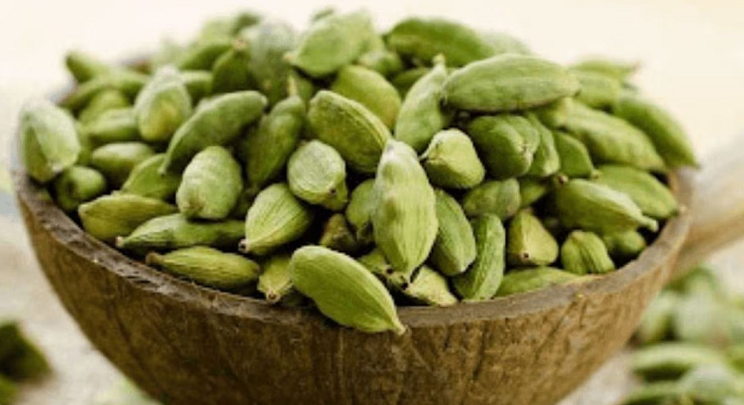Yoga is beneficial for health, but people who do not understand yoga question its benefits and effects. However, scientific research confirms the benefits and accuracy of Pranayam. One of the most famous pranayams is Anulom Vilom. The most important thing for practicing any yoga is to do that asana correctly. However, people often practice yoga in the wrong way. Anulom Vilom Pranayama is considered an easy practice, in which breath is inhaled through the nose and released through the other nostril. But this is not the right way. This yoga is also called Nadi Shodhana Pranayam and this yoga is practiced as per the name. Let us know the correct way of practicing Anulom Vilom and its benefits.'
The correct way to practice Anulom Vilom
Step 1- To do Anulom-Vilom, sit on the mat in the Padmasana or Sukhasana position.
Step 2- Keeping the spine and neck straight, close your eyes and meditate.
Step 3- Using the right hand by placing the wrists on the knees, turn the middle and index fingers towards the palm.
Step 4- Now close the right nostril with the thumb and slowly take a deep breath while keeping the ring finger on the left nostril.
Step 5- Concentrate on the movement of breathing, then close the left nostril with the ring finger while releasing the thumb.
Step 6- Exhale slowly through the right nostril. Do the same action from the other side. This time inhale through the right nostril and exhale through the left.

Benefits of practicing Anulom Vilom
The practice of this pranayama reduces many serious health disorders, such as heart problems, severe depression, high blood pressure, arthritis, and migraine.
Doing Anulom Vilom can relieve anxiety, stress, and depression.
Anulom-Vilom is also beneficial in curing respiratory disorders like asthma and bronchitis.
Concentration and decision-making ability increase, as well as negative emotions like anger, restlessness, despair, and forgetfulness, go away.
By practicing this yoga, weight can be reduced and metabolism remains fine.
Skin glow and eyesight improve.
(PC: Freepik)










